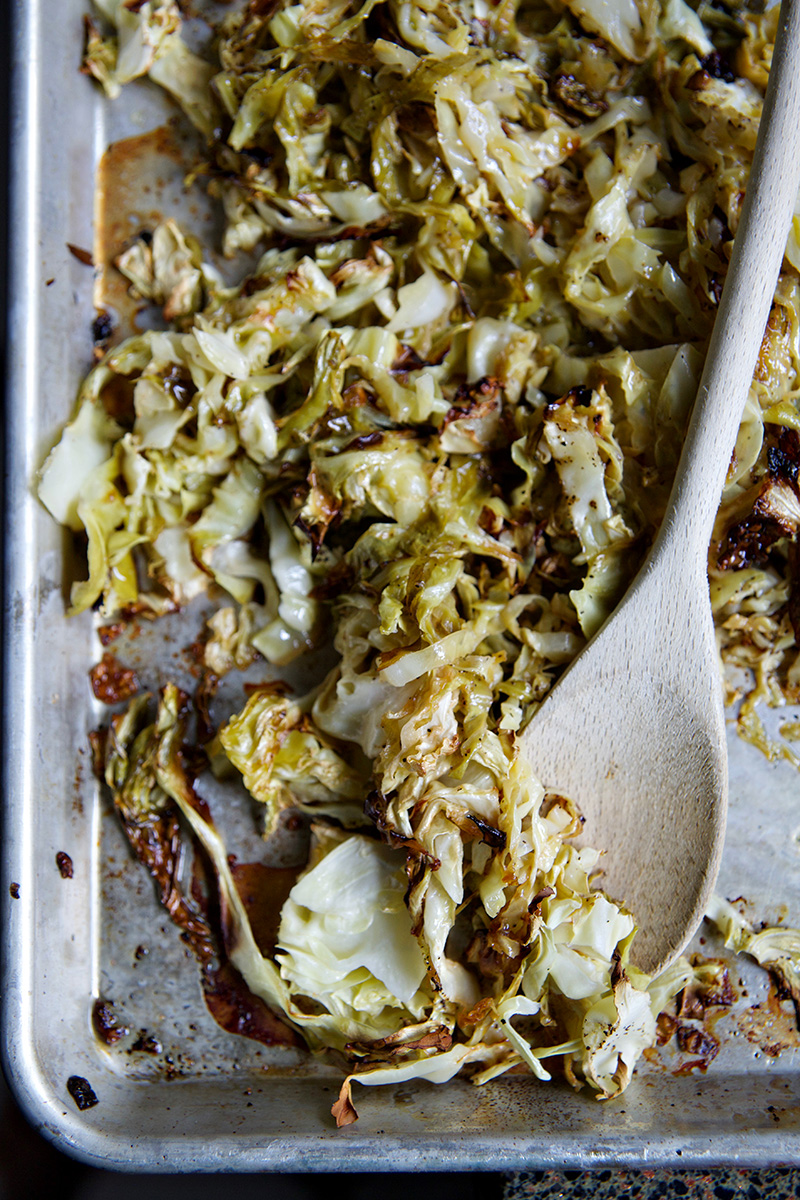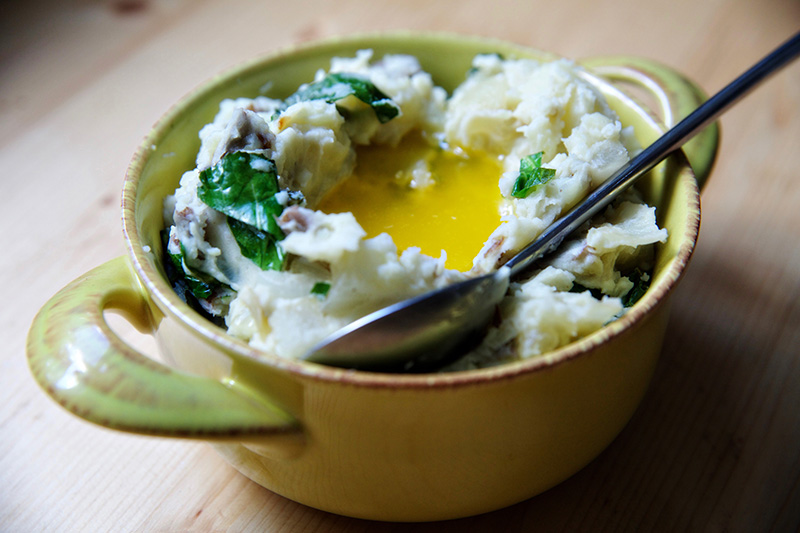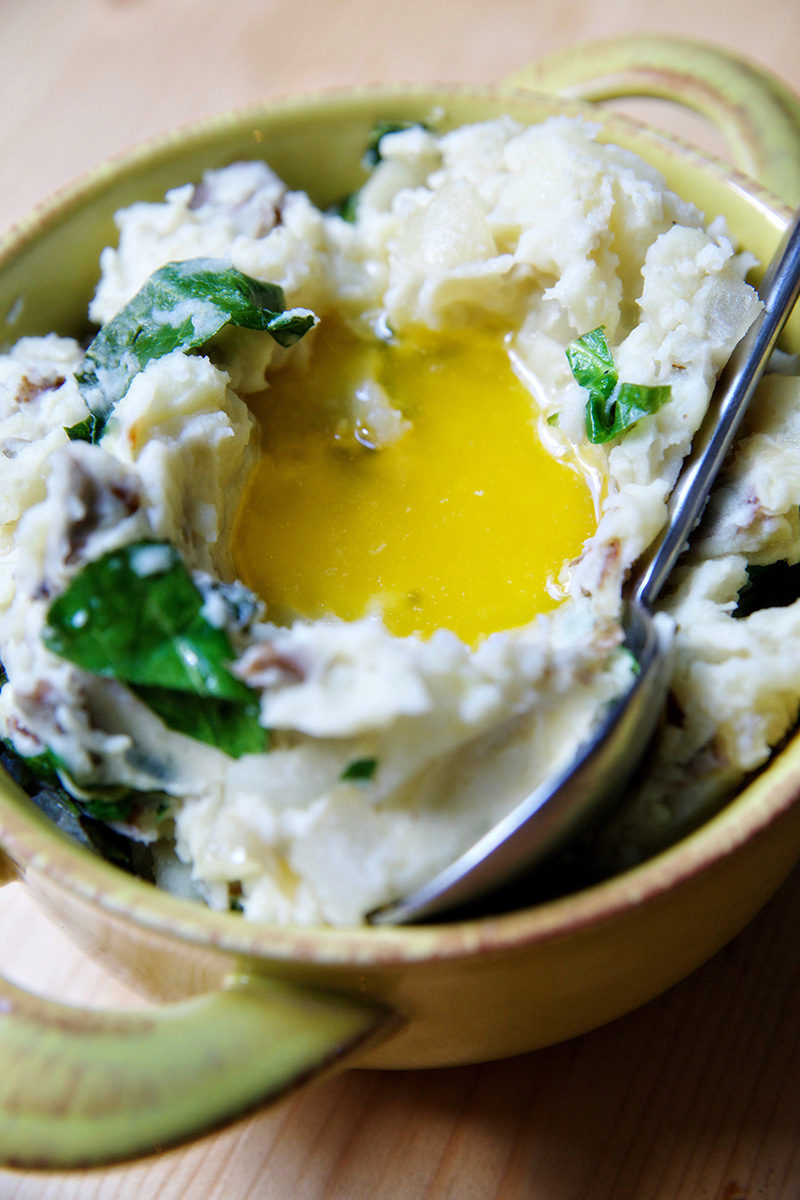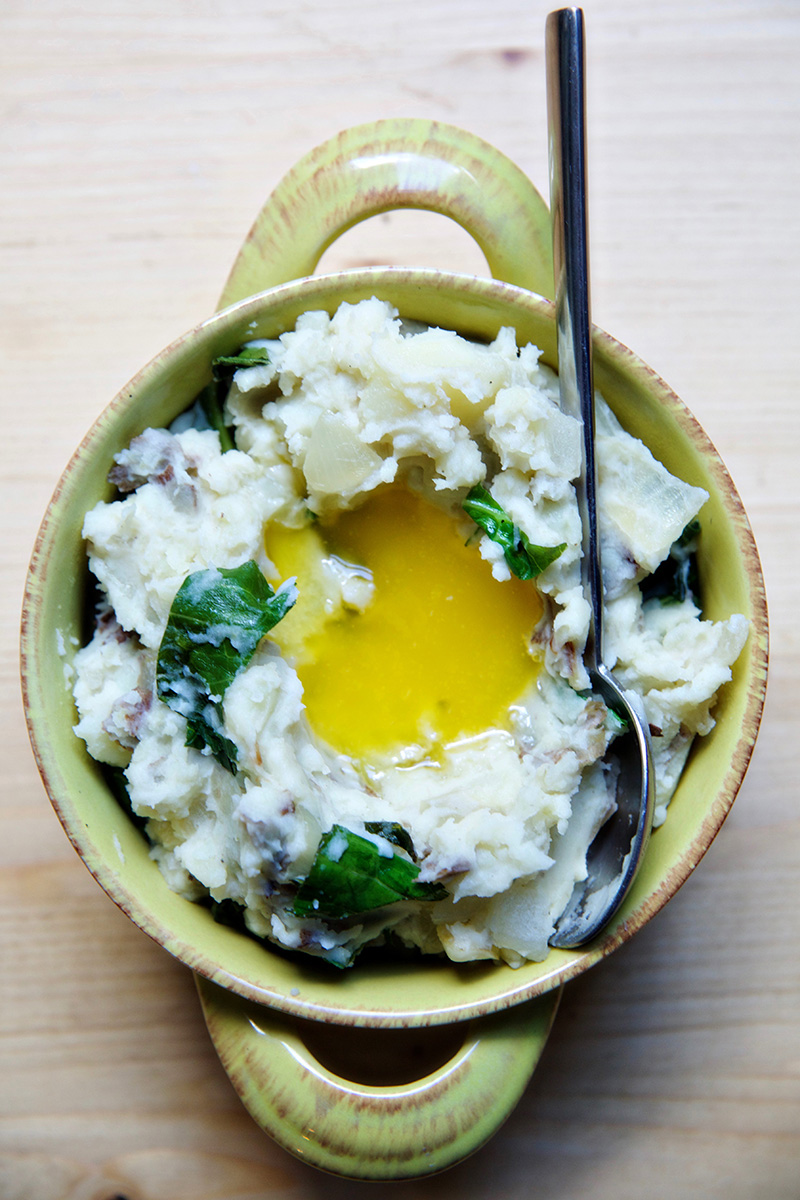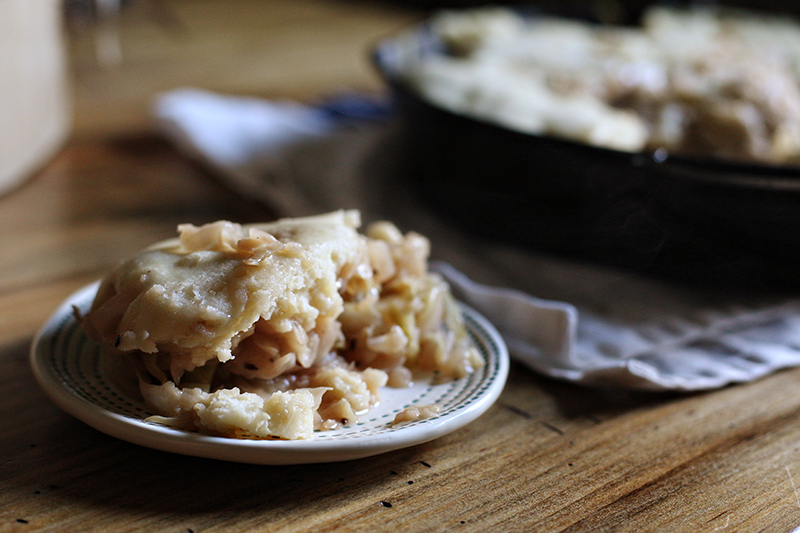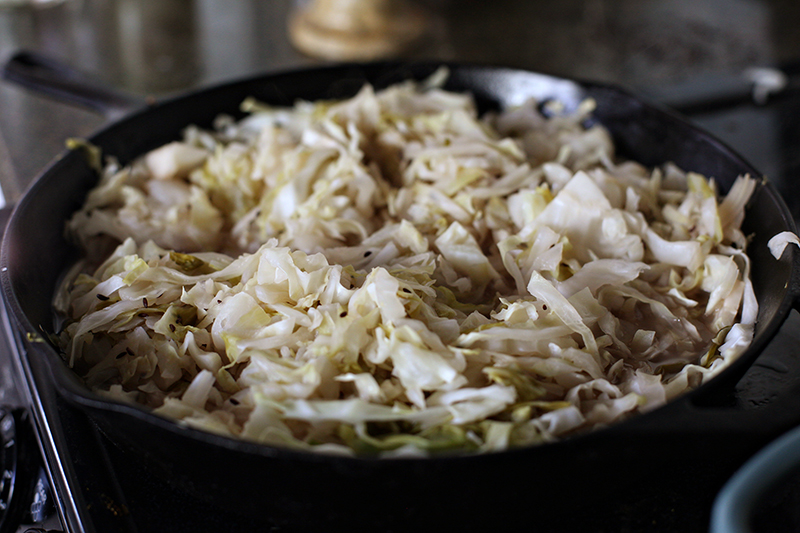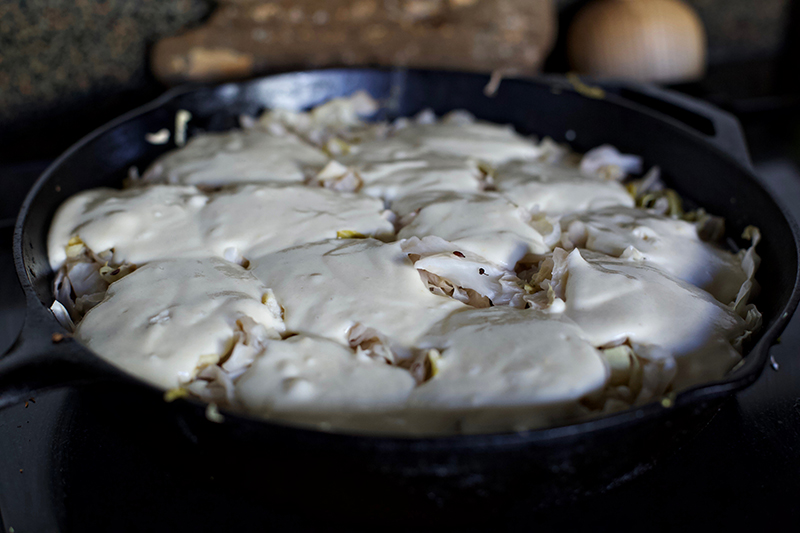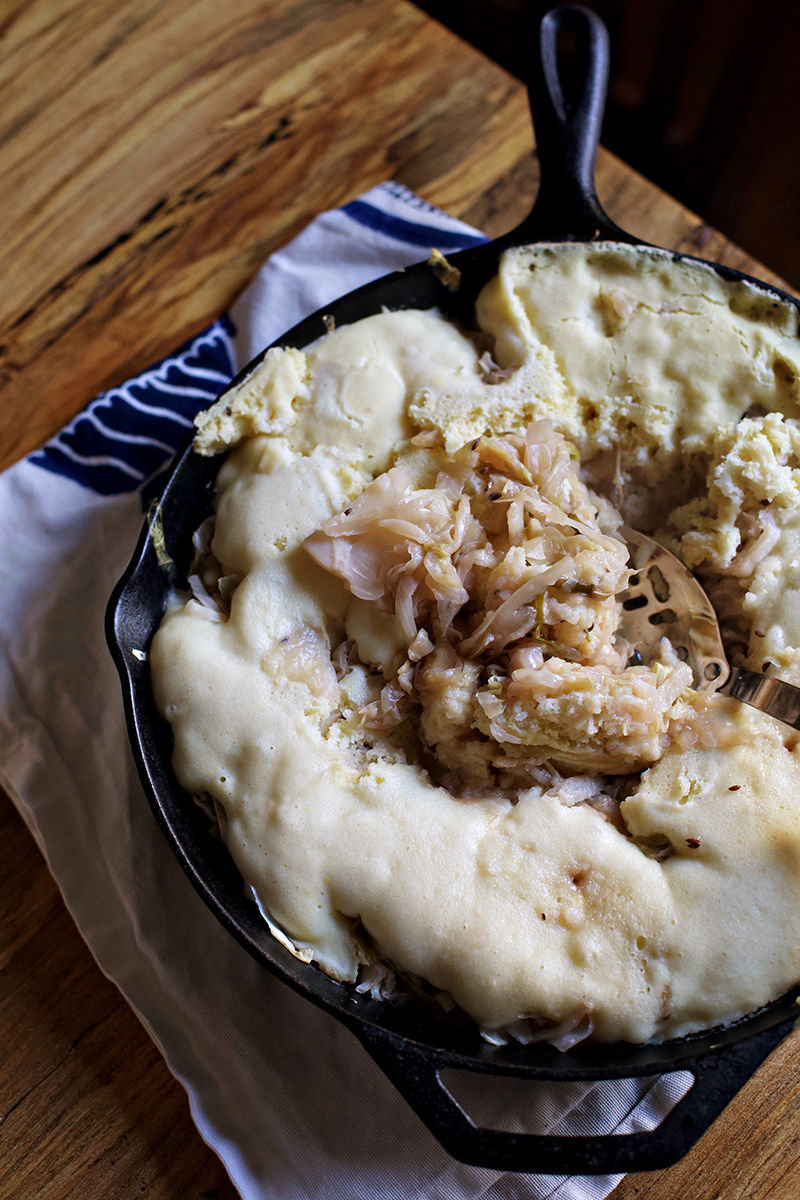Roasted Cabbage
In preparation for today’s St. Paddy’s Day festivities I’ve been in the kitchen this afternoon roasting some cabbage. Roasted cabbage is one of my favorite winter time vegetables- it’s easy to come by all winter long, it pairs well with a wide variety of protein, and it offers a combination of flavor, crunch, and nutrition that I’m desperate for during the long winter months.
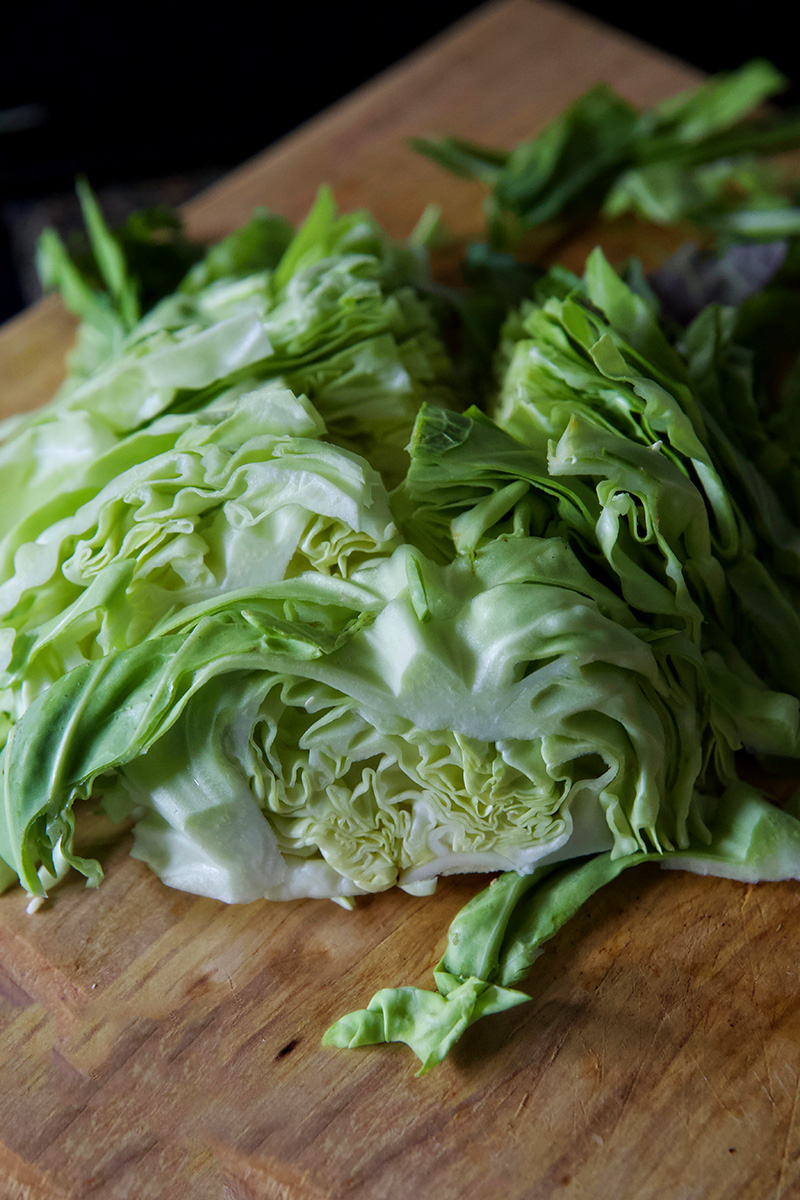
This winter I’ve been trying to be more thoughtful in my weekday meal prep. I realized that I was not eating lunch/scrounging for lunch/going out for lunch way more often than I was being thoughtful about what I was eating. So for the past few months I’ve been sticking to a strict ritual of food prep on Sunday afternoon so that I have lunches parceled out for the whole week before I even have to drag myself out of bed Monday morning.
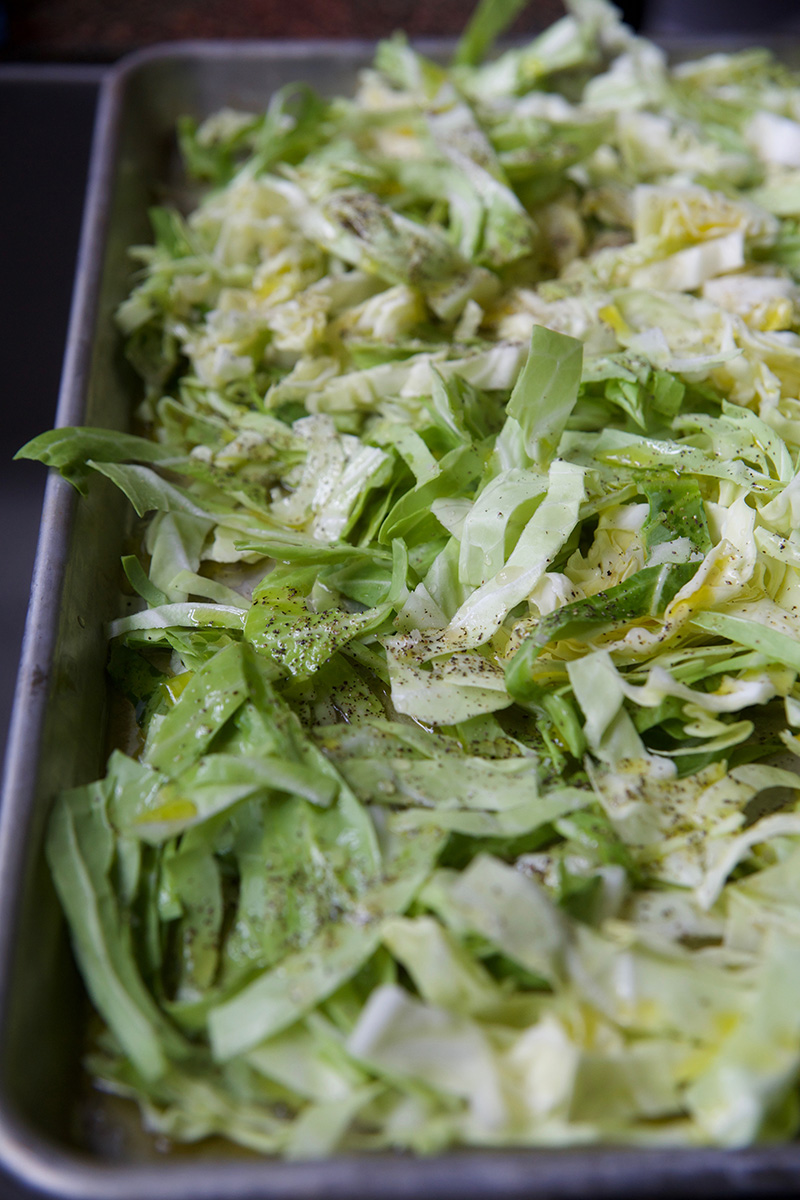

I like my roasted cabbage prepared pretty simply with olive oil, apple cider vinegar, salt, and pepper. There’s a fine line between perfectly roasted and burnt (I live on that line), and the if you hit it just right the cabbage is sweet and crunchy with just a tang of vinegar. It’s a treat, whether or not it’s St. Patrick’s Day.
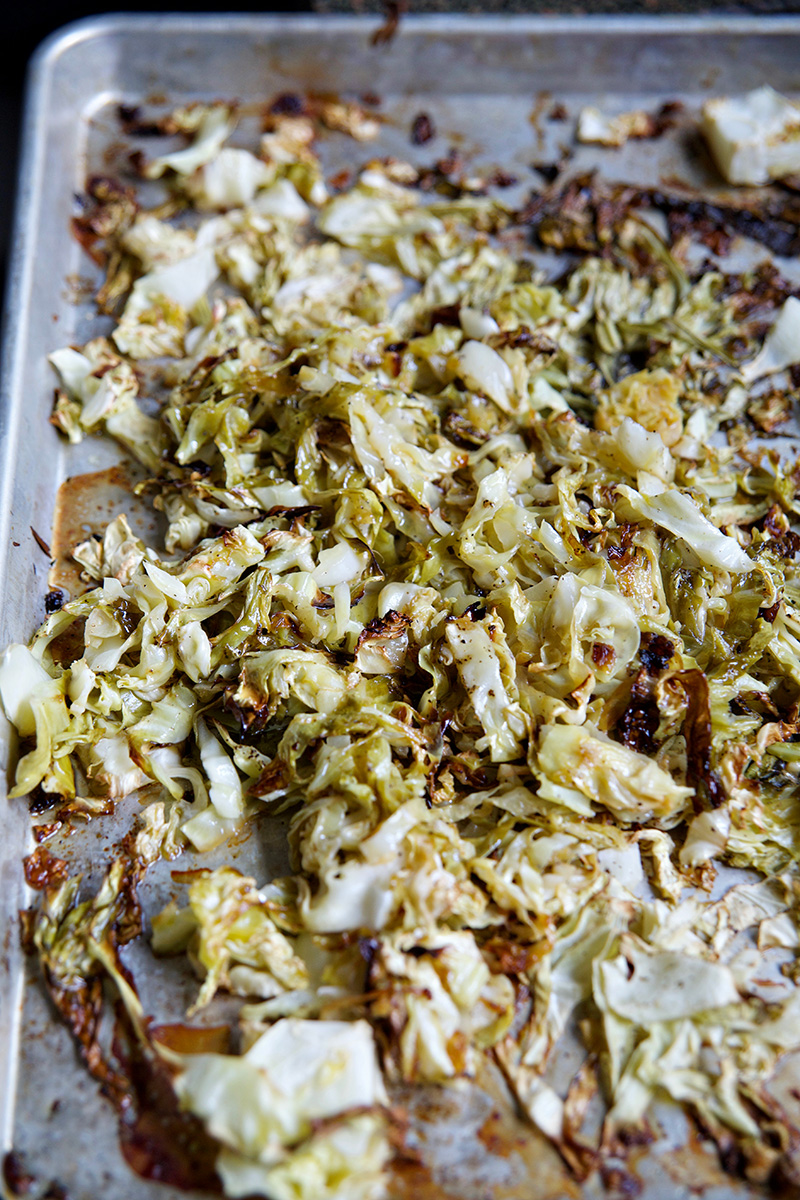
Roasted Cabbage
1 head cabbage
3-4 tbsp olive oil
2-3 tbsp apple cider vinegar
1 tsp sea salt
1/2 tsp black pepper
Halve and slice your cabbage into thin (1/4″) strips. Heat oven to 375F and spread cabbage out on a large baking sheet. Drizzle with olive oil and vinegar and sprinkle with salt & pepper. Roast for 20-25 minutes, until browned.


